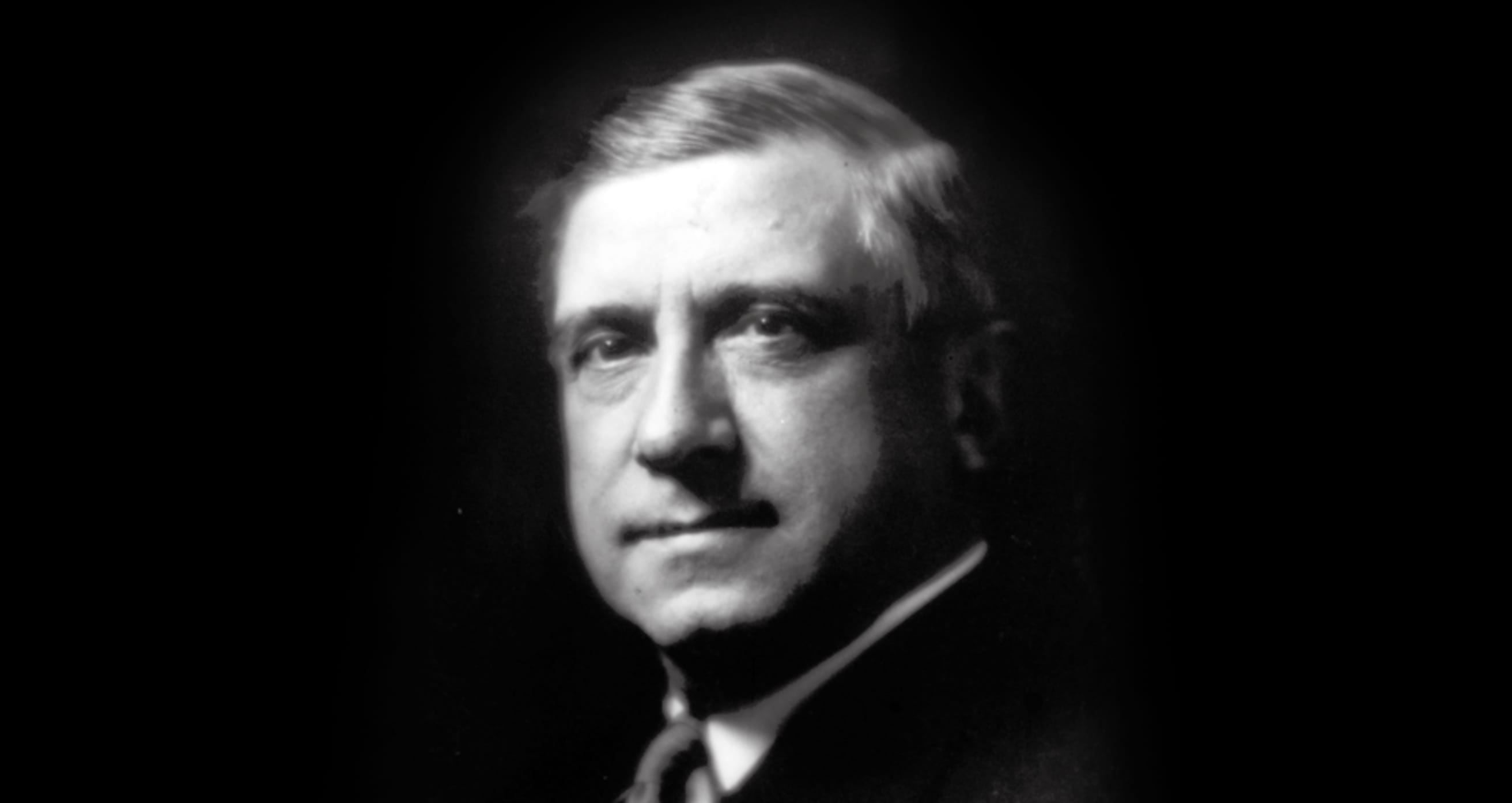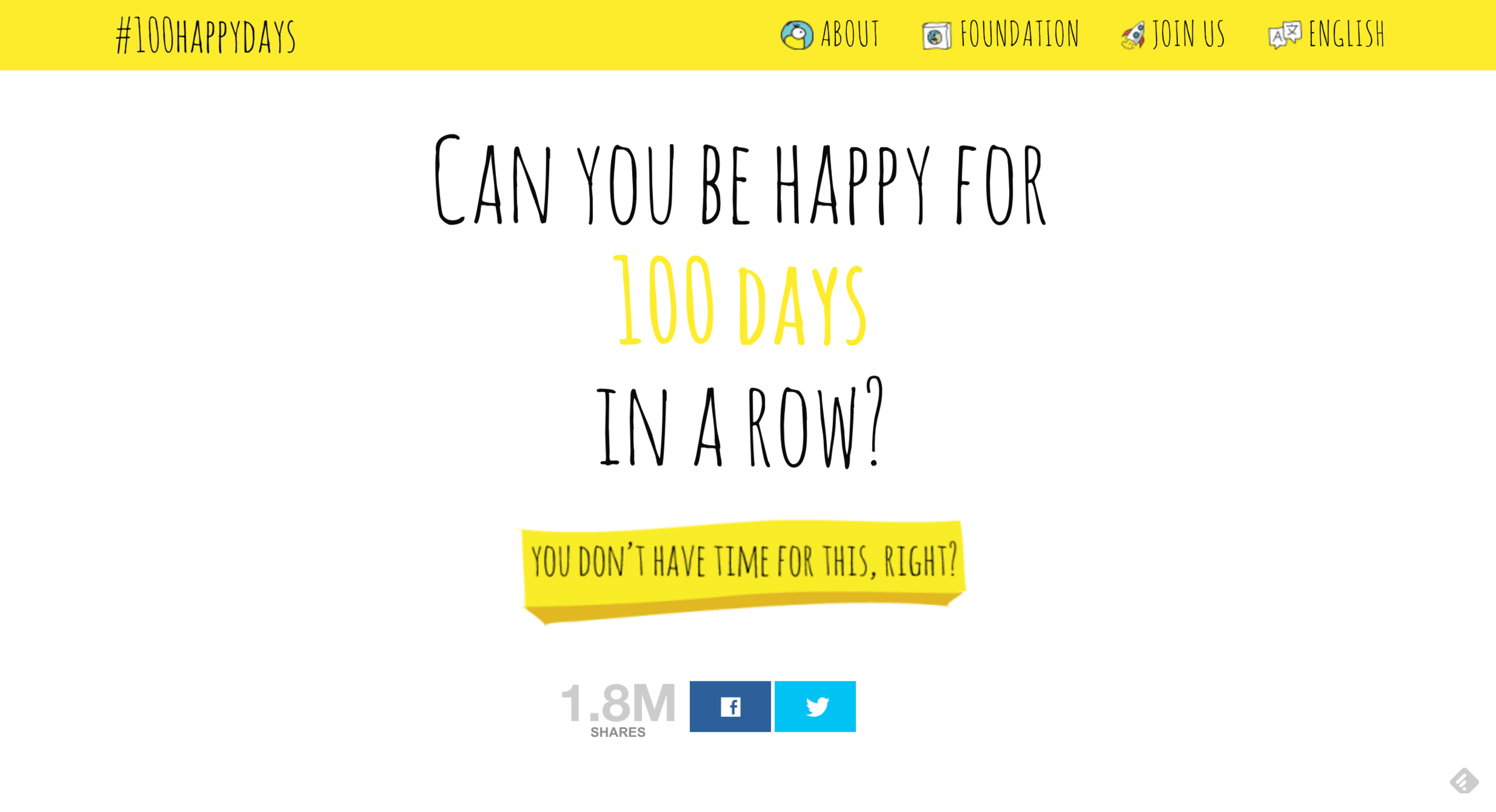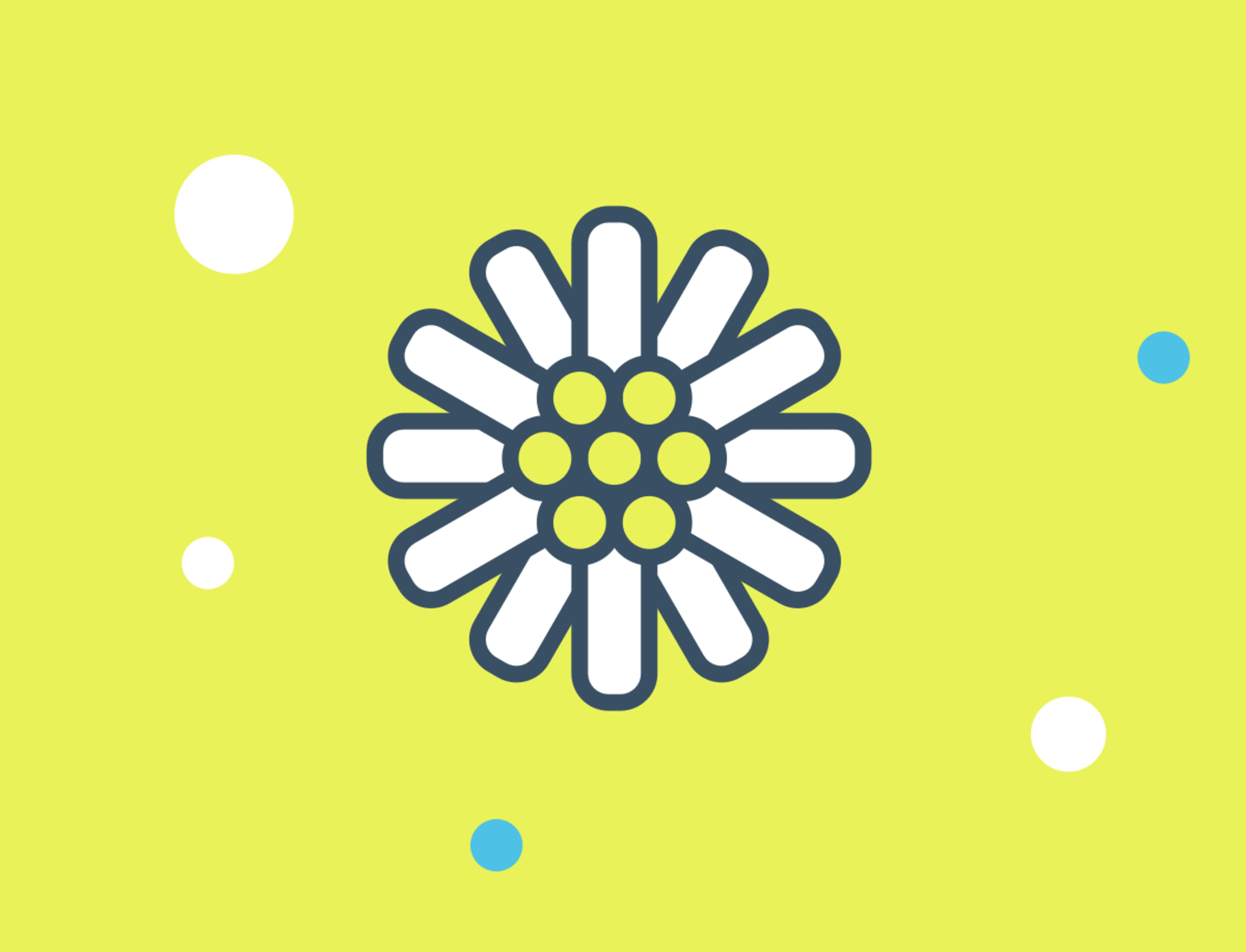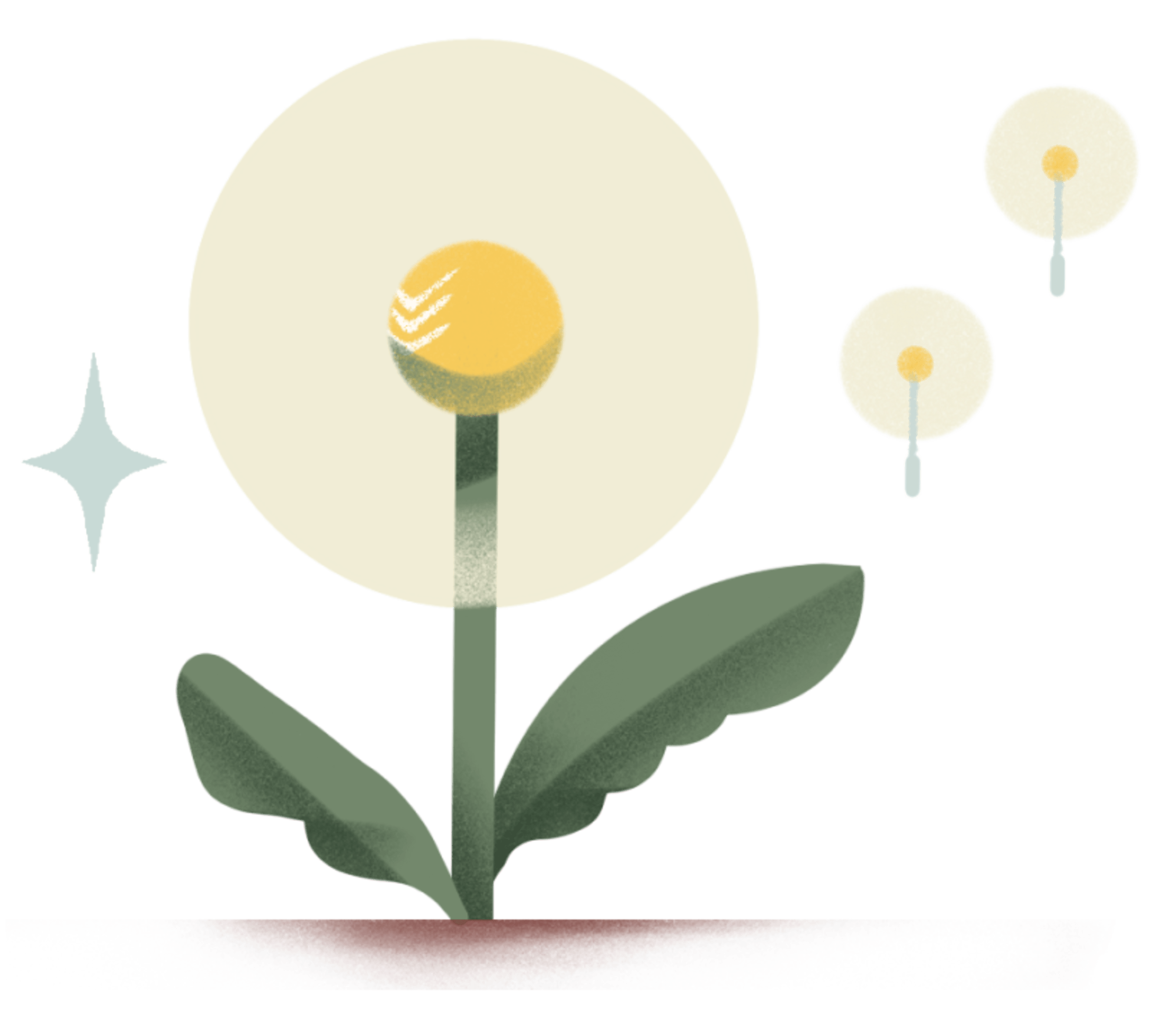Gratitude is something our parents try to instill in us as children. Don’t forget to say thank you! Mind your Ps and Qs!
As adults most of us still remember to mind our manners with a perfunctory “thank you” when appropriate. But how often do we take the time to feel truly appreciative?
We try to get out and exercise regularly, we attempt to eat healthy, and we do our best to get to bed at a decent hour. We try all kinds of productivity tricks and mind hacks to get these good habits to stick, yet intentionally incorporating gratitude into our daily lives rarely a priority.
Research in psychology and neuroscience has proven that gratitude can be a transformative habit in both your career and personal life (and, in my personal experience, writing down five things you’re grateful for is a whole lot easier than getting your butt out the door for a run). Here's what current science has to say about why it’s worth our time to give more attention to this overlooked habit and the concrete ways we can go about building gratitude into every day.
Gratitude makes you happier and healthier.
Over the past decade, a growing body of scientific research has shown that the simple act of feeling grateful can have an astounding impact on mental and physical well-being.
A series of three studies conducted by Robert A. Emmons and Michael E. McCullough found that participants who wrote about things they were grateful for scored significantly higher on a number of self-reported emotional and physical measures. As the New York Times explained:
The gratitude journal was brief — just one sentence for each of the five things [for which they felt grateful] — and done only once a week, but after two months there were significant effects. Compared with a control group, the people keeping the gratitude journal were more optimistic and felt happier. They reported fewer physical problems and spent more time working out.
Further benefits were observed in a study of polio survivors and other people with neuromuscular problems. The ones who kept a gratitude journal reported feeling happier and more optimistic than those in a control group, and these reports were corroborated by observations from their spouses. These grateful people also fell asleep more quickly at night, slept longer and woke up feeling more refreshed.
A later study published in the journal Cerebral Cortex confirmed these self-reported increases in well-being due to gratitude. Using fMRI brain scans, the researchers found that visualizing a scenario designed to evoke gratitude stimulated areas of the brain that regulate stress and produce feelings of pleasure.
Paul Mills, a professor of family medicine and public health at the University of California San Diego School of Medicine, took this line of research a step further to study the potential long-term physical health benefits of gratitude.
In an initial study of 186 men and women who already had some form of heart disease, he found that those who reported a more grateful mindset on a questionnaire were less depressed, slept better, and had more energy. Even more incredible was the fact they exhibited lower levels of both inflammation and plaque build-up. In other words, those participants who were more grateful actually had healthier hearts.
In a follow-up study, Mills found that participants who kept a gratitude journal for just two months significantly decreased their risk of heart disease when compared to the start of the study.
This growing body of research shows that something as simple as writing five sentences about what you’re grateful for every day can give back huge dividends in both mental and physical health, immediately and over the long-term.
Gratitude makes you (and your team) more successful at work.
In his classic business book How to Win Friends and Influence People, Dale Carnegie identified expressing genuine appreciation as one of the foundational principles of dealing with people. In the book, he quotes Charles Schwab, an American steel magnate at the turn of the 20th century, on the simple secret to his success:
I consider my ability to arouse enthusiasm among my people the greatest asset I possess, and the way to develop the best that is in a person is by appreciation and encouragement. There is nothing else that so kills the ambitions of a person as criticisms from superiors. I never criticize anyone. I believe in giving a person incentive to work. So I am anxious to praise but loath to find fault. If I like anything, I am hearty in my approbation and lavish in my praise.

Recent research has backed up what Schwab and Carnegie knew back in the 19th century: gratitude makes employees better at their jobs and makes others more likely to go out of their way to help you (and others) out.
According to a recent article in Harvard Health:
Researchers at the Wharton School at the University of Pennsylvania randomly divided university fundraisers into two groups. One group made phone calls to solicit alumni donations in the same way they always had. The second group — assigned to work on a different day — received a pep talk from the director of annual giving, who told the fundraisers she was grateful for their efforts. During the following week, the university employees who heard her message of gratitude made 50% more fundraising calls than those who did not.
In addition, a 2006 study published by the Association for Psychological Science studied the behavior of people who felt gratitude after having received unsolicited help. They found that people who felt gratitude upon receiving a favor were significantly more likely to not only “pay it back” to the person who gave the favor but also “pay it forward” by volunteering to help a complete stranger on an entirely unrelated task.
To sum it up, expressing appreciation and fostering a feeling of gratitude can help motivate employees and create a more collaborative, generous work culture.
7 ways to build a gratitude habit
Like exercise or healthy eating, gratitude is a habit that can be strengthened over time. As with any habit, the key is to create consistent routines to encourage a grateful mindset every day. Here are 7 simple ways to build gratitude into your day that can take as little as 5 minutes:
Journal for 5 minutes every morning
Gratitude studies have shown that reaping the astounding benefits of feeling grateful doesn’t have to take a lot of time. Set aside just five minutes every morning to reflect on the good things in your life.
A physical journal - like the 5-Minute Journal or the soon-to-be-released SELF Journal - can help to keep the habit consistent, but a pen and a 50 cent notebook do the trick too.
Take a 5-minute gratitude break
No matter how positive we try to be, there will always be stressful situations that arise in our workdays. Instead of letting a feeling of overwhelm paralyze you, walk away from your computer and take five minutes to write down the things that you appreciate about your job.
I like to remind myself that I love that my job challenges me, even if that’s stressful sometimes. It helps me keep perspective and tackle the work I’ve been avoiding.
Say thank you to a coworker at the end of every day
Reach out to a co-worker at the end of the day to let them know you genuinely appreciate something they did.
Create time for your team to give "Props”
Better yet, make gratitude a company-wide habit by giving your whole team time to express appreciation.
In a post this week on the Asana blog, Vivek Sri explains how Betabrand closes each all-hands meeting with “Props”, a company ritual during which people publicly express appreciation to their colleagues who they thought did something particularly well. This ritual helps build trust and boost morale at the company.
Write a letter of gratitude once a week
Take half an hour out of your weekend to thank someone in your life in a letter. Expressing gratitude will make you and the other person happier, while strengthening your relationship at the same time.
Do a monthly favor
Don’t just tell your appreciation. Show it. Choose a different friend, family member, colleague, or mentor acquaintance each month and identify one thing you can do to help them out without expecting anything in return.
Kick-start your gratitude with 100 Days of Happiness

Sometimes we need a little accountability for building new habits. Try taking on the 100 Days of Happiness challenge by posting one photo of something that makes you happy every day. Courtney Seiter from the Buffer marketing team wrote a great post reflecting on her experience with her 100 days of taking time for appreciation:
The combination of those two elements – seeking happiness in small moments and creating more opportunity for happiness every day – made for a deep awareness that I hope to extend far beyond 100 days.
Why is gratitude so powerful?
Geoffrey James of Inc.com summed it up this way:
People who approach life with a sense of gratitude are constantly aware of what’s wonderful in their life. Because they enjoy the fruits of their successes, they seek out more success. And when things don’t go as planned, people who are grateful can put failure into perspective.
While gratitude researcher Dr. McCullough provides this insightful explanation for his compelling findings on the power of gratitude:
More than other emotion, gratitude is the emotion of friendship. It is part of a psychological system that causes people to raise their estimates of how much value they hold in the eyes of another person. Gratitude is what happens when someone does something that causes you to realize that you matter more to that person than you thought you did.
So this year, instead of relegating gratitude to just one special day out of the year, make a concerted effort to make gratitude a daily habit. Take time to reflect on the things that you appreciate in life and - in dealing with others - "always be hearty in your approbation and lavish in your praise".

